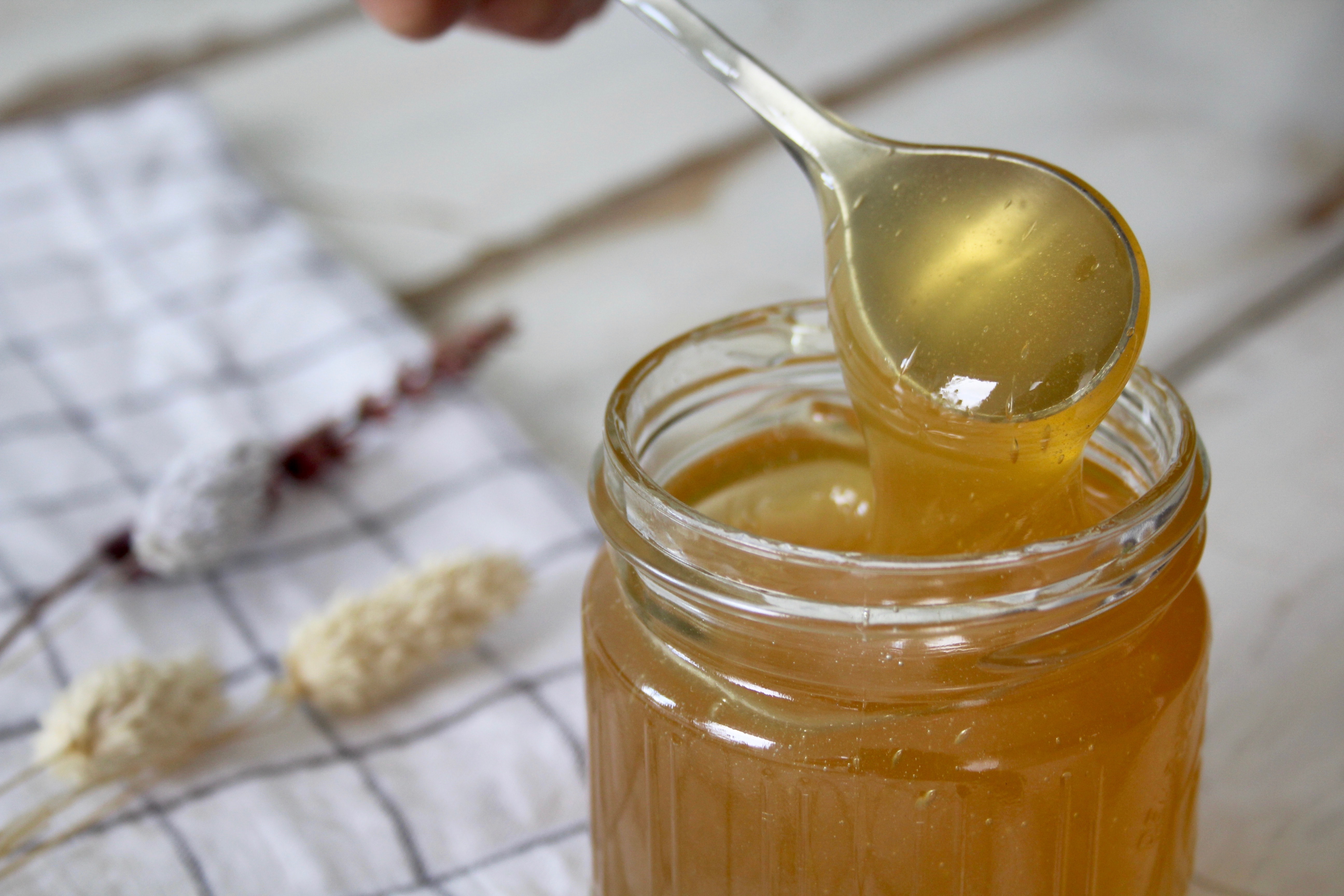Media release
From: The BMJHoney better than usual care for easing respiratory symptoms, especially cough
It’s cheap, readily available, and has virtually no side effects; doctors can recommend it
Honey is better than usual care for easing upper respiratory tract symptoms, especially cough, finds a synthesis of the available evidence, and published online in the journal BMJ Evidence Based Medicine.
Honey is cheap, readily available, and has virtually no side effects, and doctors can recommend it as a suitable alternative to antibiotics, which are often prescribed for these types of infection, even though they aren’t suitable, say the researchers.
Upper respiratory tract infections affect the nose, throat, voice box and the large air passages (bronchi) that lead from the windpipe to the lungs. Symptoms include sore throat, blocked nose, cough, and congestion.
Honey has long been used as a home remedy to treat coughs and colds. There’s evidence for its use in children, but the evidence for its effectiveness for a range of upper respiratory tract symptoms in adults hasn’t been systematically reviewed.
To plug this knowledge gap, the researchers trawled research databases for relevant studies comparing honey and preparations that included it as an ingredient with usual care: mostly antihistamines, expectorants, cough suppressants, and painkillers.
They found 14 suitable clinical trials, involving 1761 participants of varying ages. Pooled data analysis of these studies showed that honey was more effective than usual care for improving symptoms, especially the frequency and severity of coughing.
Two of the studies showed that symptoms lasted 1-2 days fewer among those treated with honey.
The researchers note that honey is a complex substance and not a uniform product. And only two of the studies involved a dummy comparator treatment (placebo). More of these need to be done before definitive conclusions can be reached, they say.
But they point out: “Upper respiratory tract infections are the most frequent reason for antibiotic prescription. Since the majority of URTIs are viral, antibiotic prescription is both ineffective and inappropriate,” and contributes to antibiotic resistance.
Honey might therefore provide an alternative when doctors want to prescribe something to safely treat upper respiratory tract symptoms, they suggest.
“Honey is a frequently used lay remedy that is well known to patients. It is also cheap, easy to access, and has limited harms,” they conclude. “When clinicians wish to prescribe for URTI, we would recommend honey as an alternative to antibiotics. [It] is more effective and less harmful than usual care alternatives and avoids causing harm through antimicrobial resistance.”


